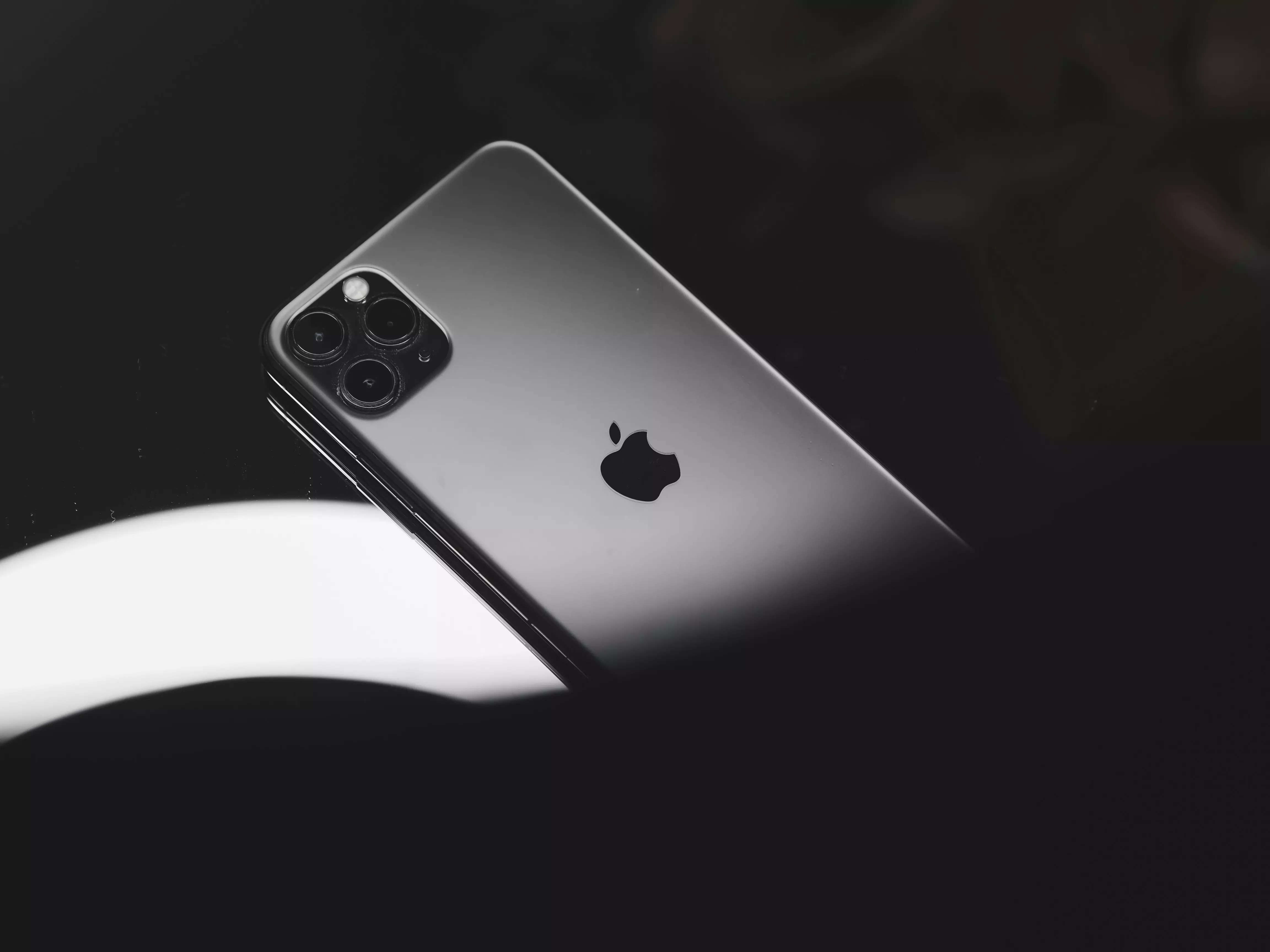It’s not a ‘forbidden’ fruit but the iPhone seems to be taking a hit in China. Fuelled by a government-led initiative to reduce iPhone usage among state employees and the small matter of ‘patriotism’ seem to be the driving forces. Chinese smartphone users are embracing patriotism and using homegrown brands, which has been a shot in the arm for the likes of Huawei.According to a report by The Financial Time, the resurgence of Huawei, a Chinese tech powerhouse, has further accelerated this trend, with its latest smartphone capturing the market’s attention.
The report cites conversations from The Communist Party’s annual gathering in Beijing. The event became a sort of a showcase of this transition, as numerous participants revealed their preference for Chinese smartphone brands over Apple. Concerns over security and alleged eavesdropping capabilities associated with Apple devices were cited by delegates, underscoring a growing sentiment favouring domestic products.
Wang Chunru, a member of China’s top political advisory body, emphasised his trust in Huawei devices, suggesting widespread apprehension toward foreign alternatives. Similarly, delegate Li Yanfeng echoed the sentiment, highlighting a collective preference for domestic brands among users.
Apple’s struggle to maintain its foothold in the high-end phone market against Huawei’s aggressive expansion has been evident. The introduction of Huawei’s Mate 60 Pro, powered by a homegrown processor, further solidified its position as a formidable contender. Huawei was hurt badly by the US sanctions imposed by then US president Donald Trump. Google withdrew all its services from Huawei phones leading to an impossible task for Huawei. However, Huawei has made a comeback and its success is down to a variety of factors.
Government-led initiatives to phase out Apple devices from state agencies have gained momentum, with incentives offered to adopt Chinese alternatives. Reports of discounted Huawei phones flooding government offices underscore the intensity of this transition. The report claims that Huawei offered government officials phones at flat 20% discount.
For some consumers, patriotism has served as a catalyst for switching allegiance, as evidenced by individuals like Liu, who eagerly embraced Huawei’s domestically produced chip.
A report by Counterpoint Research revealed a stark contrast in sales performance, with Apple witnessing a decline while Huawei experiences a surge in demand. Tim Cook, Apple’s CEO, acknowledged the challenges but remained optimistic about the company’s long-term prospects in China.
The report cites conversations from The Communist Party’s annual gathering in Beijing. The event became a sort of a showcase of this transition, as numerous participants revealed their preference for Chinese smartphone brands over Apple. Concerns over security and alleged eavesdropping capabilities associated with Apple devices were cited by delegates, underscoring a growing sentiment favouring domestic products.
Wang Chunru, a member of China’s top political advisory body, emphasised his trust in Huawei devices, suggesting widespread apprehension toward foreign alternatives. Similarly, delegate Li Yanfeng echoed the sentiment, highlighting a collective preference for domestic brands among users.
Apple’s struggle to maintain its foothold in the high-end phone market against Huawei’s aggressive expansion has been evident. The introduction of Huawei’s Mate 60 Pro, powered by a homegrown processor, further solidified its position as a formidable contender. Huawei was hurt badly by the US sanctions imposed by then US president Donald Trump. Google withdrew all its services from Huawei phones leading to an impossible task for Huawei. However, Huawei has made a comeback and its success is down to a variety of factors.
Government-led initiatives to phase out Apple devices from state agencies have gained momentum, with incentives offered to adopt Chinese alternatives. Reports of discounted Huawei phones flooding government offices underscore the intensity of this transition. The report claims that Huawei offered government officials phones at flat 20% discount.
For some consumers, patriotism has served as a catalyst for switching allegiance, as evidenced by individuals like Liu, who eagerly embraced Huawei’s domestically produced chip.
A report by Counterpoint Research revealed a stark contrast in sales performance, with Apple witnessing a decline while Huawei experiences a surge in demand. Tim Cook, Apple’s CEO, acknowledged the challenges but remained optimistic about the company’s long-term prospects in China.
